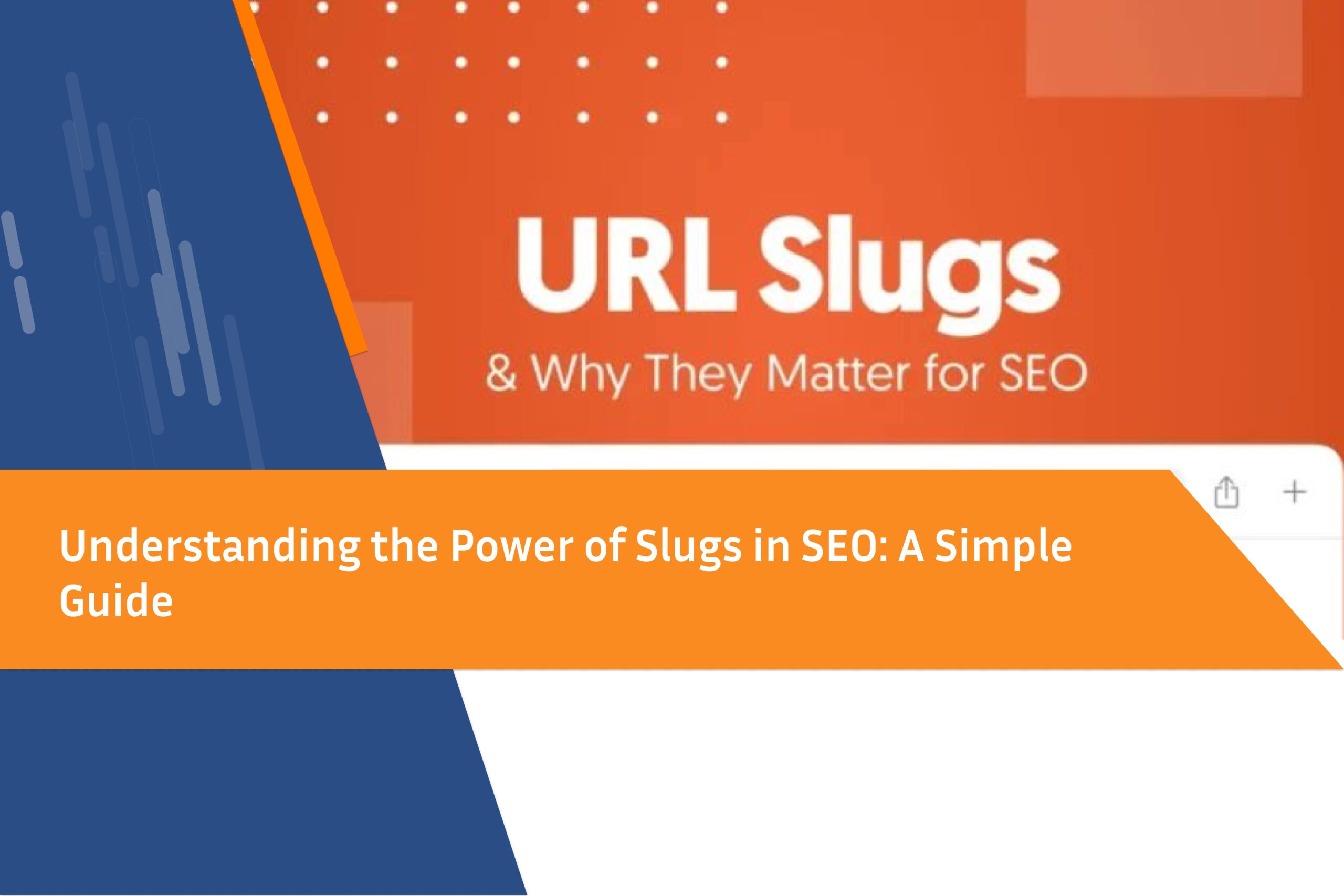Understanding The Power of Slugs in SEO: A Simple Guide
When it comes to SEO (Search Engine Optimization), every detail of your website matters. From meta descriptions to backlinks, the components that make up a webpage all play a part in how it ranks on search engines. One such critical yet often overlooked factor is the “slug.” But what exactly is a slug in SEO, and how does it affect your website’s visibility? Let’s dive into this topic and explore how optimizing your slugs can boost your SEO efforts.
What Is a Slug in SEO?
A slug is a part of a URL that comes after the domain name and indicates the specific page or post. It’s essentially the text that follows your website’s domain, and it’s used to describe the content of that page. For instance, in the URL, the slug would be serve as dual purpose: They help search engines understand the page’s content and improve user experience by providing a clear, readable path. When crafted properly, slugs can make it easier for both search engines and visitors to navigate your site, ultimately boosting your SEO ranking.
Why Are Slugs Important for SEO?
While slugs may seem like a minor detail, they play a significant role in SEO. Here’s why:
1. Improves Readability and User Experience
Slugs are often the first thing users notice when they look at a URL. If the slug is clean, descriptive, and easy to read, visitors are more likely to click on it. URLs that are concise and meaningful make it easier for users to know what to expect on a page.
Not only does a good slug improve user experience, but it also makes it easier for people to share your content, whether through social media or email. Clear, readable URLs are more likely to be shared, driving more traffic to your site.
2. Helps Search Engines Understand Content
Search engines, such as Google, rely on several factors to determine the relevance and quality of your page. Slugs provide additional context for search engines. A well-crafted slug will contain relevant keywords that tell search engines exactly what the page is about. For instance, if your article is about “SEO tips,” having a slug like seo-tips will help search engines understand the page’s focus.
Incorporating targeted keywords into your slug helps signal to search engines what the page is about and improves the likelihood of ranking for those terms. However, it’s important not to overdo it. Keyword stuffing (using too many keywords in your slug) can hurt your ranking, so it’s best to keep it simple, concise, and descriptive.
3. Enhances URL Structure for SEO
SEO experts often recommend having a clean URL structure for websites. A clear, keyword-optimized slug is an essential part of this structure. Search engines tend to rank URLs that are simple, organized, and free of unnecessary characters (like special symbols or long strings of numbers). This is because clean URLs are easier for search engines to crawl and index. Plus, white label website designing service provider help maintaing a logical flow within your website’s architecture.
A well-structured URL, for example, might look like this:
https://www.example.com/products/organic-soap-bars
By keeping the slug relevant and organized, you ensure that your site is easy to navigate both for search engines and for visitors.
How to Create SEO-Friendly Slugs?
Now that you know why slugs matter, let’s explore how to create SEO-friendly slugs for your website. Follow these best practices:
1. Use Relevant Keywords
Keywords are the backbone of any SEO strategy, and your slugs should include the terms that people are most likely to search for. For example, if you’re writing an article on “10 Easy Vegan Recipes,” make sure the slug includes the keywords, like this:
easy-vegan-recipes
The keywords should be short and to the point, reflecting the content of the page. Avoid using stop words (like “a,” “the,” and “in”) in slugs unless necessary, as these don’t add much value to SEO.
2. Keep It Short and Simple
While it’s tempting to use long, descriptive slugs, shorter slugs are better for SEO. Google tends to favor URLs that are short, concise, and easy to understand. Ideally, your slug should be no longer than 3–5 words. Keep it straightforward and focused on the topic.
For example:
Good: how-to-make-pizza
Bad: best-and-easy-ways-to-make-delicious-pizza-at-home
3. Avoid Special Characters and Spaces
Special characters like &, %, $, or even punctuation marks should be avoided in slugs. These characters can make URLs more complex and harder for search engines to process. Instead of spaces, use hyphens to separate words in a slug. For example, use how-to-bake-cakes rather than how to bake cakes.
4. Use Hyphens, Not Underscores
When separating words in your slug, always use hyphens (-) rather than underscores (_). Search engines treat hyphens as space, whereas underscores are seen as a continuation of the word. For example, use how-to-improve-seo rather than how_to_improve_seo.
5. Maintain Consistency
Consistency is key when creating slugs. If you’re developing a blog or product catalog, make sure you follow a uniform pattern for all your URLs. This helps establish a cohesive URL structure, making it easier for search engines and users to navigate your site.
Slug Best Practices to Avoid
While there are plenty of tips for creating SEO-friendly slugs, there are also some common mistakes to avoid:
- Overuse of Keywords: Don’t overstuff your slugs with keywords. Aim for clarity and readability, rather than cramming in as many keywords as possible.
- Ignoring Mobile Optimization: Ensure that your URLs are mobile-friendly. Long or complicated slugs can be difficult to navigate on mobile devices.
- Changing Slugs Frequently: If you change the URL structure of an existing page, you could lose valuable traffic. Only change slugs when absolutely necessary, and always set up 301 redirects from the old URL to the new one.
Conclusion
Slugs may seem like a small part of your SEO strategy, but they can have a significant impact on your site’s performance. By creating clean, concise, and keyword-rich slugs, you can improve your site’s visibility, enhance the user experience, and help search engines better understand your content. With the right approach, slugs can be a simple yet effective tool in your SEO toolkit.
Remember, when it comes to SEO, every little detail counts. By following these best practices and optimizing your slugs, you’ll improve your chances of ranking higher in search results, ultimately driving more traffic to your website.






